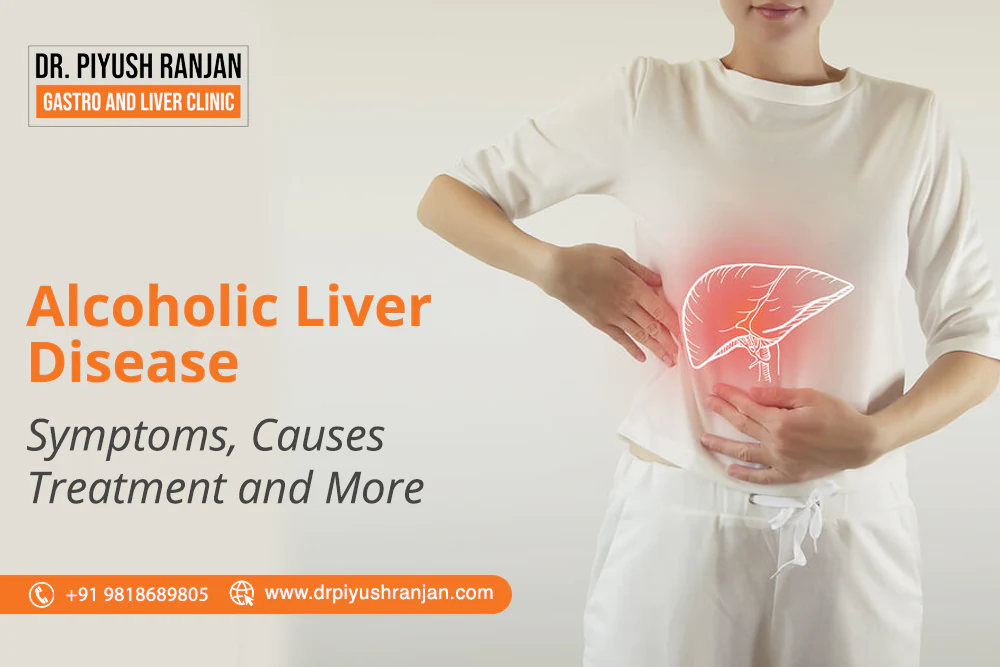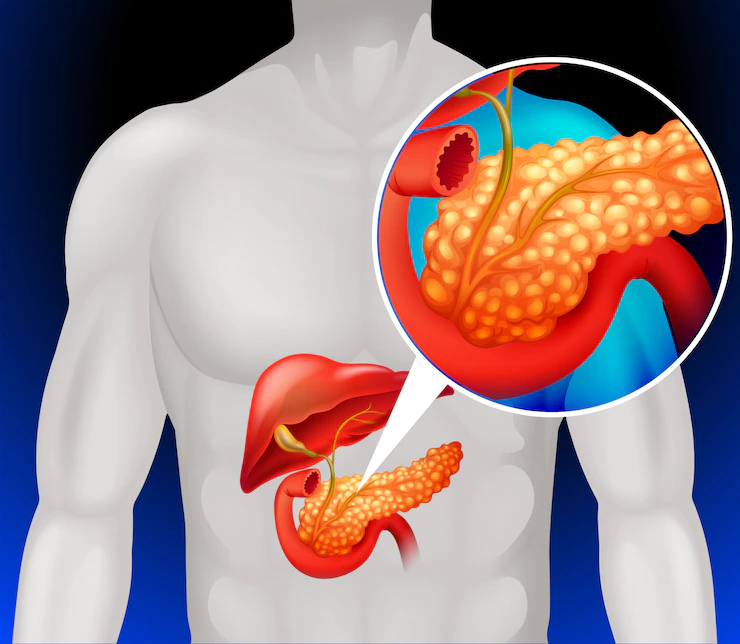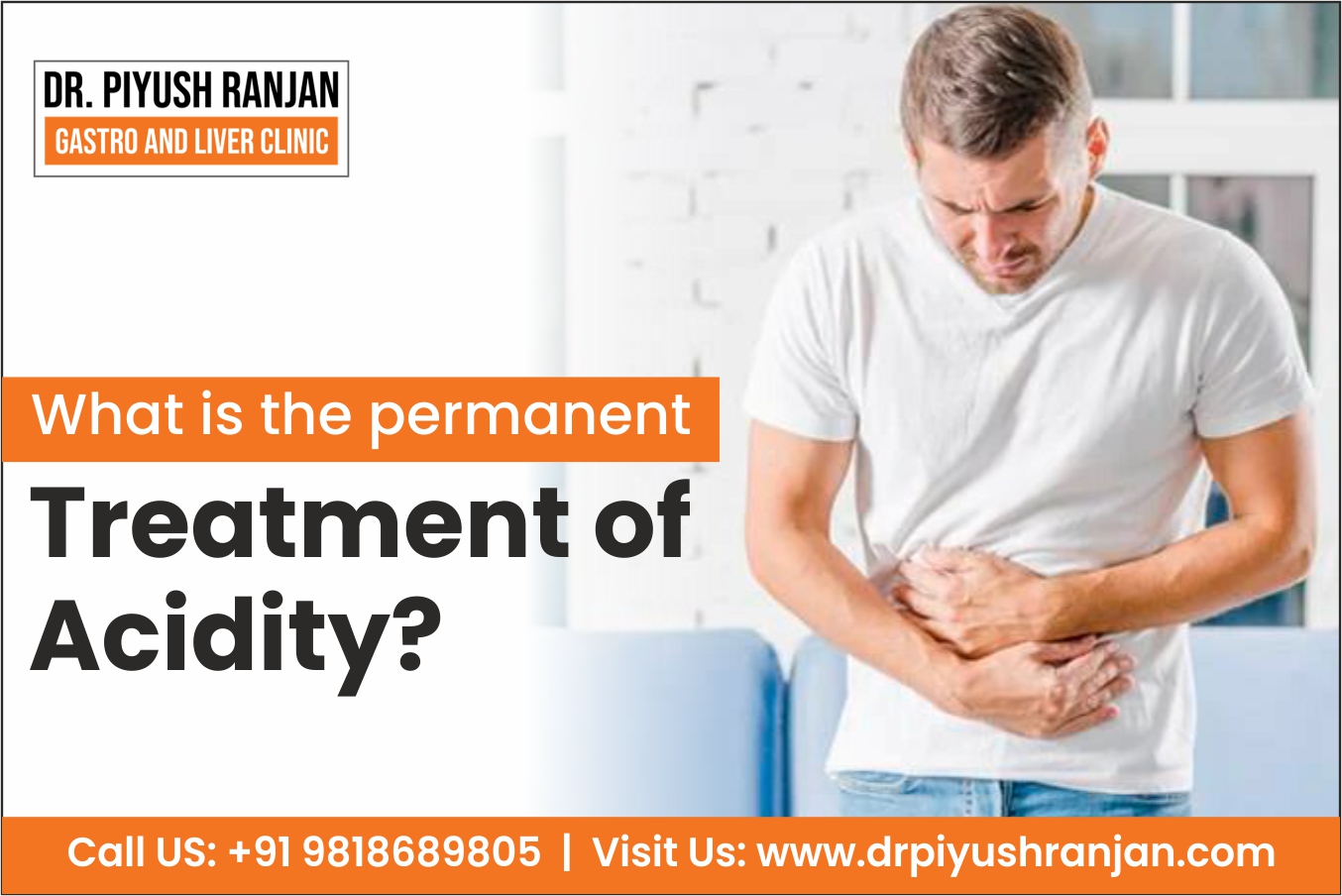Alcoholic liver disease is a significant widespread medical condition. Around 8 to 10 percent of Americans drink alcohol regularly of which 10 to 15 percent continue to face liver diseases. Alcoholic fatty liver disease is only one of the results of liquor overconsumption. This is particularly significant because liver failure can be deadly.
The liver is extremely versatile in functionality and capable of recovering itself. Each time your liver filters liquor, a portion of the liver cells die. This can bring about genuine and lasting harm to it.
Let’s figure out alcoholic liver disease symptoms, alcoholic liver disease treatment, and other factors related to it.
What is Alcoholic Liver Disease?
Alcoholic liver disease is a consequence of overconsuming liquor that harms the liver by scarring and promoting the development of fats that may be harmful.
The liver is possibly one of the most complex organs in the human body, with multiple functions. These incorporate purification of blood poisons/toxins, energy-storing, making chemicals and proteins, and managing cholesterol and glucose levels in the body.
Alcoholic liver disease can affect the entire body. When the infection starts, it can take plenty of time to become observable, as the liver can recover and fix itself. Frequently, when the disease is discovered, it is unchangeable.
Aside from the cerebrum, the liver is the most changeable organ in the body.
Its jobs include:
-Separating infections from the blood
-Supporting the digestion of food
-Controlling glucose and cholesterol levels
-Helping battle disease and sickness
Alcoholic fatty liver disease is normal in the 21st century. The number of individuals with this condition has been expanding throughout the most recent time because of expanding levels of liquor overconsumption.
Symptoms of Alcoholic Liver Disease
Alcoholic liver disease doesn’t ordinarily cause any signs until the liver has been seriously harmed.
At the point when this occurs, alcoholic liver disease symptoms can include:
- Feeling of sickness
- Weight reduction
- Loss of craving/appetite
- Jaundice
- Swelling in the lower legs and stomach
- Confusion or fatigue
- Spitting/vomiting blood or passing blood in your stools
Alcoholic liver disease symptoms are often seen during tests for other conditions, or at a phase of severe liver harm.
On the off chance that you routinely drink excess liquor, tell your doctor so that they can check if your liver is harmed.
For more details contact one of the best Liver Specialist Doctors in Delhi – Dr. Piyush Ranjan
Other symptoms-
Just as drinking excessive volumes of liquor, different variables can increase your chances of creating alcoholic fatty liver disease.
These include:
- Being overweight or fat
- Women have all the indications of being more vulnerable than men to the negative impacts of liquor.
- Having a prior liver disease, like hepatitis C
- Hereditary/Genetics (liquor dependence and issues managing liquor usually run in families)
Causes of Alcoholic Liver Disease
Not all heavy liquor consumers develop alcoholic liver disease. It isn’t known why the alcoholic liver illness impacts a few groups and not others.
Acetaldehyde is a poisonous substance that is produced by the body’s breakdown of liquor. It harms the liver and causes liver scarring and infection. This substance seems to influence a few groups more than others.
There are 2 different ways liquor overuse (drinking excessively) can cause alcoholic liver disease.
These are:
- Drinking a lot of liquor in a short duration of time (hard-core drinking) can cause fatty liver illness and, less ordinarily, alcoholic hepatitis.
- Drinking more than the suggested limits of liquor over several years can cause hepatitis and cirrhosis, the more genuine type of liver disease.
Individuals who consistently drink more than the suggested amount of alcohol are in danger of getting alcoholic liver disease:
- People advised not to drink more than 14 units of alcohol per week.
- Limit your drinking by not consuming more than 14 units of alcohol per week.
Treatment of Alcoholic Liver Disease
The initial phase in alcoholic liver disease treatment focuses on eliminating liquor from the daily routine.
Different treatments include-
-
Limitation
Limiting off liquor is one of the solitary ways to make disease reversible.
This can assist with changing some beginning phases of liver infection. For instance, checking to drink once diagnosed to have alcoholic fatty liver disease might have the option to turn around the condition with the help of the Best Liver Specialist in Delhi.
When an individual is diagnosed to have the alcoholic liver disease at any stage, it is advised to stop drinking immediately. Any conditions that have changed will normally return once drinking restarts. As liquor dependence can make it harder to stop drinking liquor, it is important to slowly reduce liquor consumption.
Individuals who consistently drink more than the suggested limits of alcohol every day should not think about quitting drinking without clinical help. Withdrawal from liquor can be dangerous. People should look for help from a clinical expert to securely supervise liquor withdrawal.
The suggested everyday limits of consuming alcohol are close to one glass of alcohol daily for ladies and not more than two glasses of alcohol per day for men.
-
Cognitive-behavioral therapy (CBT) and medicine
Cognitive-behavioral therapy (CBT) and medicines called benzodiazepines can be utilized to help withdrawal side effects in an individual with liquor dependence. Individuals with extreme liquor dependence might remain at an inpatient recovery service for closer observation.
Ongoing treatment may then be needed to prevent a relapse into drinking liquor. Drugs such as acamprosate, naltrexone, topiramate, baclofen, and disulfiram can likewise utilize to assist with forestalling relapse.
-
Way of life changes
Weight reduction and stopping smoking might likewise be suggested since being overweight and smoking both have been shown as a source of increasing alcoholic liver illness. Taking a day-by-day multivitamin also suggested.
-
Prescriptions
Corticosteroids or pentoxifylline may be used for reducing infection in people with severe alcoholic hepatitis while they are being treated in a clinic.
Different prescriptions that show potential for treatment and are right now being investigated include:
-probiotics and anti-infection medicines
-stem cell treatment
-meds that focus on the inflammation pathway
-
Liver transplant
In individuals with liver distress, the liver stops working. This can be a result of the advanced stage of liver sickness and usually implies that a liver transplant is the only alternative for the survival of the patient.
Normally, people who can show no less than a half year of self-control from liquor before the treatment and those with other organ frameworks that are sufficiently healthy to go through a medical procedure will be considered for the liver transplant.
A liver transplant is a complex procedure that relies upon a donor being accessible. Anti-rejection prescriptions given after the treatment can build the danger of certain diseases and certain cancerous growths.
A liver transplant is a final retreat; Stopping liquor and treating this condition almost immediately is the most ideal way for an individual to build their chances at changing or easing back the infection.
When to see a specialist
Make a meeting with your primary care physician if you have any signs or indications that stress you. Immediately look for guaranteed clinical attention if you have stomach pain that is extreme to such an extent that you can’t remain still.
Takeaway
Over the long run, conditions that harm the liver can lead to scarring (cirrhosis), which can prompt liver breakdown/failure, a dangerous condition. Yet, early treatment might give the liver an opportunity to recover.
For the best treatment of Alcoholic liver disease connect with the Best Liver Doctor in Delhi – Dr.Piyush Ranjan who is one of the finest doctors in the city.
Get the best treatment now!




